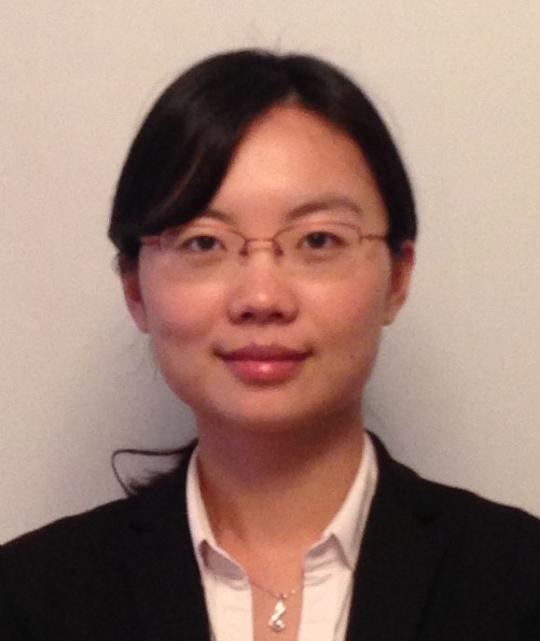Toward the Next-Generation Neural-Controlled Artificial Limb

Dr. Xiaorong Zhang
Assistant Professor Computer Engineering, San Francisco State University, San Francisco, CA
Cerent Engineering Science Complex, Salazar Hall 2009A
4:00 PM
Abstract – There are over 32 million amputees worldwide whose lives are severely impacted by their limb losses and it is projected that this number will over double by 2050. Thus there is a strong demand to provide this large and growing population of amputees the best care and restoring of function. In recent years, myoelectric controlled prosthetic limb (sometimes referred as “mind-controlled prosthetic limb”), which utilizes electrical activity produced by muscle contractions to identify the user’s movement intentions to control prosthetic arms, has shown great potential in improving the quality of life of patients with amputations by allowing natural, intuitive prosthesis control. The key to the success of neural-controlled artificial limbs is the neural-machine interface (NMI) that collects neural signals, interprets the signals, and makes accurate decisions to control the prosthesis. This talk will discuss the requirements, challenges, design methods, and future trends of NMIs for prosthesis control.
Dr. Xiaorong Zhang is currently an Assistant Professor in the School of Engineering and the Director of the Intelligent Computing and Embedded Systems Laboratory (ICE Lab) at San Francisco State University. She has broad research experience in human-machine interfaces, neural-controlled artificial limbs, embedded systems, and wearable devices. She is a member of IEEE and the Society of Women Engineers (SWE). She has served in the professional societies in various capacities including Associate Editor of the IEEE Inside Signal Processing E-Newsletter, Co-Chair of the Doctoral Consortium at 2014 IEEE Symposium Series on Computational Intelligence, Faculty Advisor of the SWE SFSU Chapter, and Program Committee Member of various international conferences. She received her bachelor’s degree in Computer Engineering from Huazhong University of Science and Technology, Wuhan, China in 2006, and her master’s and Ph.D. degree in Computer Engineering from the University of Rhode Island, Kingston, RI in 2009 and 2013, respectively.

